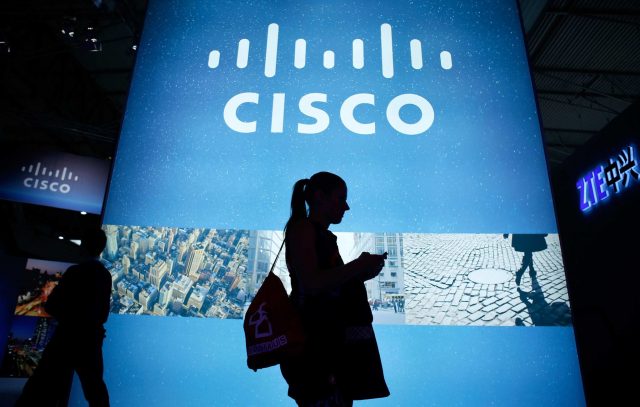What is Cloud Computing
Cloud Computing is a way of managing IT resources. Cloud Computing is a service delivered over a network by using the hardware and software. It is the use of virtual servers, by accessing the internet. The basic equipment required for Cloud Computing is a computer connected to the net. It does away with complicated equipment and hardware. The “Cloud” is not a place, but the hardware and software that is used to help the user in various computing aspects such as storing documents, pictures and file backup as a service provided online.
Advantages of Cloud Computing
In Cloud Computing, there is an online service provider, that stores the data of its users. The service provider guarantees security to the customers. They can have backup files too and can access the data via the internet. This becomes cheaper and easier for the customers as they do not need any extra hardware or security or maintenance of their equipment. The added advantage, is that, the user can access their files or data from anywhere and from any device connected to the internet. Cloud Computing has also increased security as well as greater storage space for individual and business files. Big businesses too can save on unnecessary expenditure on the infrastructure and maintenance. They can concentrate on their business and all the applications running smoothly and at a much faster rate, with the added assurance of security.
Private, Public and Hybrid Cloud Computing
In a Private Cloud, for example, we would consider enterprises that utilize Microsoft Exchange, whereby the user can access it by using a secure VPN connection. In this case, all the files, storage, applications and all other services are protected within a firewall, which will be under the control of the corporate IT department.
On the other hand, a Public Cloud is wherein all the files, storage, documents and other applications are provided to the public by accessing the internet. A good example of Public Cloud is the Gmail provided by Google.
Hybrid Cloud is a combination of Private and Public Cloud. In the hybrid Cloud, businesses have more flexibility and deployment options, by enabling the data and applications to move between the public and private clouds. Hybrid clouds allow for public and private clouds to be bound by technology and hence data and applications can be shared between them.
Different Types of Cloud Computing Services
Based on your personal or business goals, the computing services are divided into three types – PaaS, IaaS, SaaS
Platform as a Service PaaS
In this case, while accessing the internet, you purchase the resources and pay for it as much as you need from a cloud service provider. You can avoid all the unnecessary expenses of paying for and managing the infrastructure and other resources. You only need to manage the applications and services you develop, while the rest is taken care of by the cloud service provider.
Infrastructure as a Service IaaS
Here the IT infrastructure which consists of servers, virtual machines, storage, operating systems are rented from a cloud service provider by paying for it as and when you need.
Software as a Service SaaS
The software applications are delivered over the internet by subscribing to it. In this service, the user connects via the internet with the help of a web browser on their PC, phone or tablet.
Cisco was the main company from whom business enterprises were paying heavily to get their hardware. They are now turning to companies like Amazon, who are providing them with cloud services. Cisco has close ties with the big corporates. Hence, Google along with Cisco are getting into the market of Cloud Computing services, by either helping the business enterprises to manage their software and technology in their data centers or in places operated by external cloud service providers.







